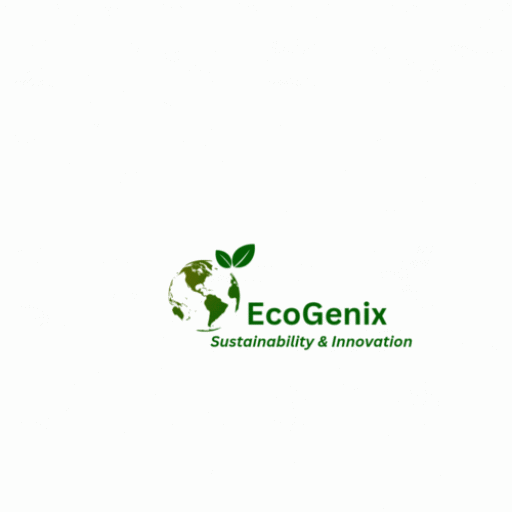Introduction
Sustainable Development Goal 8 (SDG 8) aims to promote sustained, inclusive, and sustainable economic growth, full and productive employment, and decent work for all. It recognizes that achieving economic growth is not sufficient; it must be inclusive and provide opportunities for everyone to participate and benefit from prosperity. SDG 8 is a crucial component of the broader 2030 Agenda for Sustainable Development, adopted by all United Nations Member States in 2015. In this article, we will explore how SDG 8 can be achieved, how it can be integrated with other SDGs, the target audience, the reasons behind it, the progress made so far, and examples of measures implemented worldwide.
Achieving SDG 8
Job Creation and Inclusive Economic Growth: Governments and policymakers must focus on strategies that foster sustainable economic growth and create decent job opportunities. This includes investing in infrastructure, supporting the development of small and medium-sized enterprises (SMEs), and encouraging innovation and technological advancement.
Labour Rights and Social Protection: Protecting labor rights and ensuring social protection are essential for promoting decent work. This involves providing fair wages, safe working conditions, and access to social services such as healthcare, education, and social security.
Eliminating Forced Labor and Child Labor:
SDG 8 calls for the eradication of all forms of forced labor and child labor. Governments and organizations must enact and enforce laws that protect vulnerable populations and create awareness campaigns to address these issues effectively.
Promoting Financial Inclusion: Encouraging financial inclusion through accessible and affordable financial services can help lift people out of poverty and empower them to participate in economic activities.
Integration with Other SDGs
SDG 8 is interconnected with various other Sustainable Development Goals, creating synergies that reinforce overall progress towards sustainable development:
SDG 1 (No Poverty): SDG 8 directly contributes to poverty reduction by promoting economic growth and decent work.
SDG 4 (Quality Education): Improved economic opportunities can lead to increased access to quality education, ensuring a skilled and educated workforce.
SDG 5 (Gender Equality): Fostering decent work involves eliminating gender-based discrimination in the workplace and providing equal opportunities for women.
SDG 10 (Reduced Inequality): Inclusive economic growth and decent work are critical in reducing income inequalities and ensuring prosperity is distributed more equitably.
SDG 13 (Climate Action): Sustainable economic growth involves adopting environmentally friendly practices, mitigating climate change, and transitioning to a green economy.
Target Audience and Reasons
The target audience for SDG 8 includes governments, policymakers, businesses, civil society, and individuals. It is everyone’s responsibility to take actions that promote decent work and economic growth. The reasons behind this goal are multifaceted:
Poverty Reduction: Decent work and economic growth are fundamental in lifting people out of poverty and providing them with a chance for a better life.
Social Stability: Inclusive economic growth fosters social stability by reducing unemployment and providing individuals with a sense of security and purpose.
Human Rights: Access to decent work is a basic human right, and promoting it ensures that individuals can live with dignity and respect.
Sustainable Development: Economic growth must be sustainable to ensure the well-being of current and future generations.
Global Progress and Measures Implemented
As of 2021, progress toward SDG 8 has been mixed. Several countries have taken significant steps to promote decent work and economic growth, while others face challenges and setbacks. Some notable measures and examples of progress from different parts of the world include:
Germany: The Dual Vocational Training System has been successful in Germany, providing young people with a combination of classroom education and practical training, leading to a skilled workforce and low youth unemployment rates.
Bangladesh: The country has experienced robust economic growth in recent years, driven by the ready-made garments industry, creating millions of jobs for women and contributing to poverty reduction.
Brazil: The government implemented the Bolsa Familia program, a conditional cash transfer initiative, which has significantly reduced poverty and improved economic conditions for vulnerable populations.
Rwanda: The government’s focus on entrepreneurship and innovation has led to the growth of SMEs, creating job opportunities and driving economic development.
Conclusion
SDG 8, decent work, and economic growth are integral to achieving sustainable development. By creating inclusive economic opportunities, promoting labor rights, and eliminating child labor and forced labor, we can progress towards a more equitable and prosperous world. SDG 8’s integration with other goals highlights the interconnected nature of sustainable development, emphasizing that no goal can be achieved in isolation. As we continue to work towards the 2030 Agenda, collaboration among governments, businesses, and civil society remains crucial to overcoming challenges and creating a better future for all.
ARTICLE BY: WAYNE TOTA
Food Security and Climate Change
waynetota9@gmail.com
0601133196239
Visit for more articles:
https://sites.google.com/view/foodsecure-sustain-agriclimate/home.
